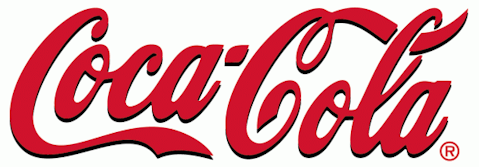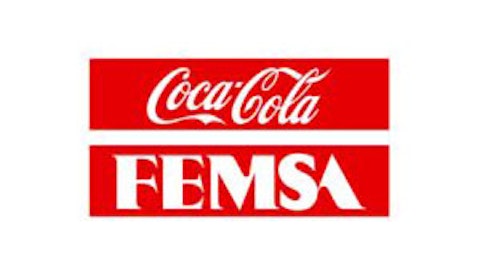Earlier this week Jill Zullo, technical director at Cargill Corn Milling North America announced that the development of the company’s new extraction process designed to produce stevia, the zero calorie natural sugar substitute, via a fermentation based process is moving ahead of schedule. Ms. Zullo went on to explain that Cargill is very confident with the technical progress and will be moving into pilot stage sometime this year as opposed 2014, as earlier announce. This is a big jump for stevia production considering the explosive growth that stevia has experienced since the U.S Food and Drug Administration approved the extract as generally recognized as safe (GRAS) in December 2008. Stevia has since moved off health food store shelves and into products manufactured by The Coca-Cola Company (NYSE:KO), PepsiCo, Inc. (NYSE:PEP), Monster Beverage Corp (NASDAQ:MNST), Kraft Foods Group Inc (NASDAQ:KRFT), and Starbucks Corporation (NASDAQ:SBUX). Stevia is also now being produced by giant food manufactures like Ingredion Inc (NYSE:INGR), Archer Daniels Midland Company (NYSE:ADM), Tate & Lyle PLC (LON:TATE), and PureCircle Limited (LON:PURE). The World Health Organization estimates stevia could capture over 20% of the entire $58 billion sweetener business, or roughly $11.6 billion.

STEVIA SOON COULD BE THE SWEETENER OF CHOICE FOR $10 BILLION SUGAR SUBSTUTUTE MARKET
While stevia clearly is now entrenched as the natural zero calorie sugar substitute of choice if the price to produce stevia could be lowered and the flavor profile adjusted it is quite possible that stevia could capture the lion share of not just the natural zero calorie or reduced calorie market, but the sugar substitute industry as a whole. However, stevia is still in its infancy stages as growers and producers continue working on building a stable supply line and a better taste profile.
The challenge is there are roughly 30 different steviol glycosides, each with different levels sweetness and bitterness, and some of these glycosides appear to work better as a sugar substitute than the glycosides being used today. The problem is that these better flavored glycosides, like Reb D and Reb X are found in trace amounts in the leaves making it not as cost effective to extract and produce in mass quantities. And though producers, like the Malaysian company PureCircle, the largest stevia producers, have been developing new strains of stevia plants with a higher amount of both Reb X and Reb D, it will still require a substantially greater amount of stevia leaves to produce the extract, thus requiring more land, more water, more labor, and more production for extraction. Though the product would have a better taste profile it would raise the costs considerably; making stevia even more expensive compared to artificial sweeteners, thus the conventional method at best would keep stevia as a boutique natural sugar free substitute.
THE FUTURE OF STEVIA IS THROUGH FERMENTATION
The answer to lowering the cost to produce stevia and developing better flavor profiles which could then compete with the artificial sweeteners appears have been solved via the microbial fermentation method that Cargill is developing. Through a yeast based fermentation the producer uses low-cost sustainable carbohydrate feedstock, like corn, as starting material to create steviol glycosides that are molecularly the same as the glycosides that are extracted via leave production. Therefore the actual stevia leaf is not needed to produce the stevia extract, and there would be no need for farm acreage, or the costs of growing the crop, harvesting, or extracting the stevia. And because the fermentation bypasses these steps the cost of producing stevia has been estimated to be 70% less than compared to the conventional method. And that 70% savings would make it cost effective enough that it should open the door for stevia to compete cost-wise with the entire sugar substitute industry not just the natural sugar substitute business.





